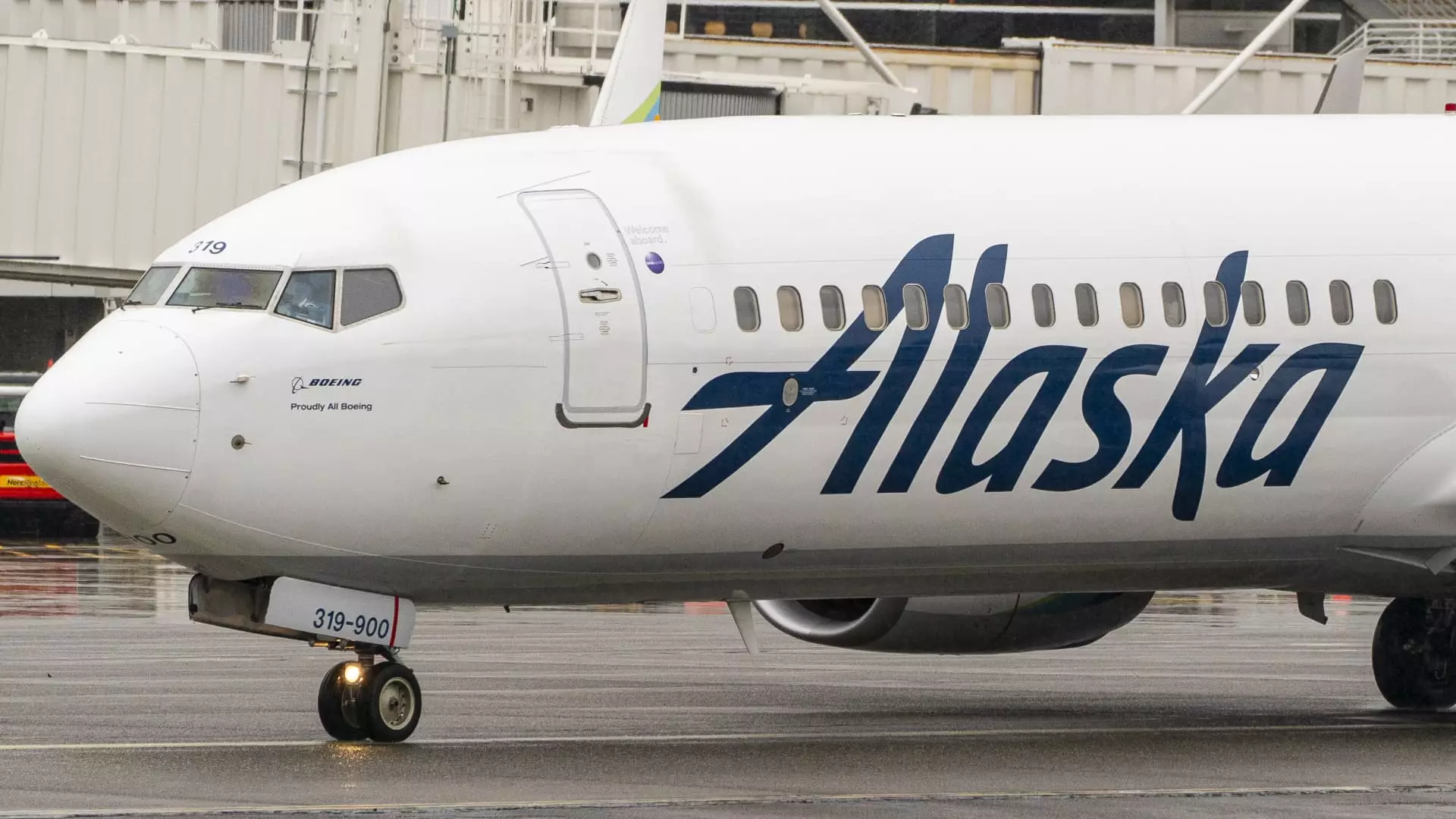Alaska Airlines flight attendants have made the decision to reject a new labor deal that would have resulted in immediate raises averaging over 24%. This move was announced by their union, indicating that further negotiations will be needed between both parties. The initial agreement back in June was described as “record-breaking,” including benefits such as boarding pay, back pay, and a significant average pay increase of approximately 32% over the span of three years.
Despite the progress made in the initial negotiations, it is evident that there are still unresolved issues that need to be addressed. The union plans to conduct surveys among its members in order to identify key concerns and bring them back to the negotiating table. This rejection comes at a critical time as Alaska Airlines is in the process of merging with Hawaiian Airlines, adding a layer of complexity to the situation. Both parties must find common ground to ensure that the interests of the flight attendants are met while also considering the long-term success of the airline.
The rejection of the labor deal by Alaska Airlines flight attendants reflects a larger trend within the airline industry. In the wake of the Covid-19 pandemic, airline workers have been advocating for better pay and improved working conditions. With salaries and fuel being significant cost factors for airlines, negotiations have become more contentious as workers seek to secure fair compensation. While pilots at major carriers have successfully negotiated new contracts, flight attendants and other airline workers continue to push for better wages.
It is worth noting that American Airlines recently reached a deal with its flight attendants union, with members currently in the process of voting on its ratification. In contrast, United Airlines is still engaged in negotiations with its own flight attendants’ union, highlighting the varying pace at which labor agreements are being reached across different carriers. The rejection by Alaska Airlines flight attendants underscores the complexity of labor relations within the airline industry and the importance of addressing the needs of frontline workers.
The decision by Alaska Airlines flight attendants to reject the new labor deal signifies the ongoing challenges faced by airline workers in securing fair compensation and working conditions. As negotiations continue, both the union and the company must prioritize open communication and collaboration to reach a mutually beneficial agreement. The outcome of these discussions will not only impact the flight attendants themselves but also shape the future direction of Alaska Airlines as it navigates its merger with Hawaiian Airlines.

